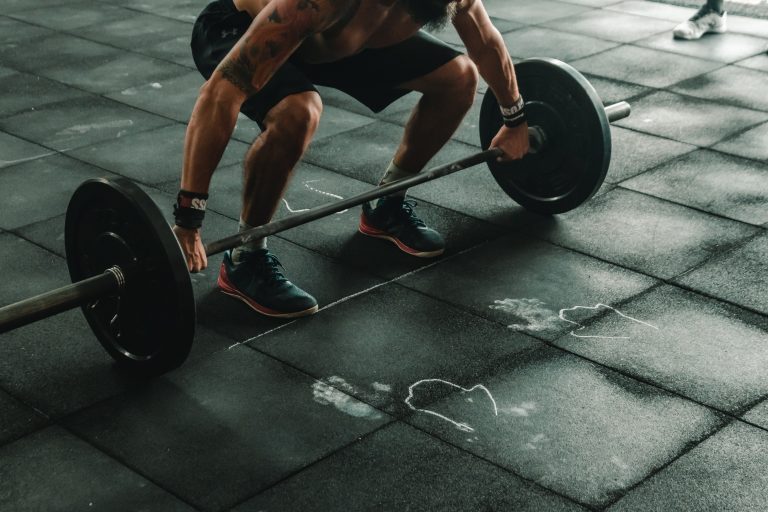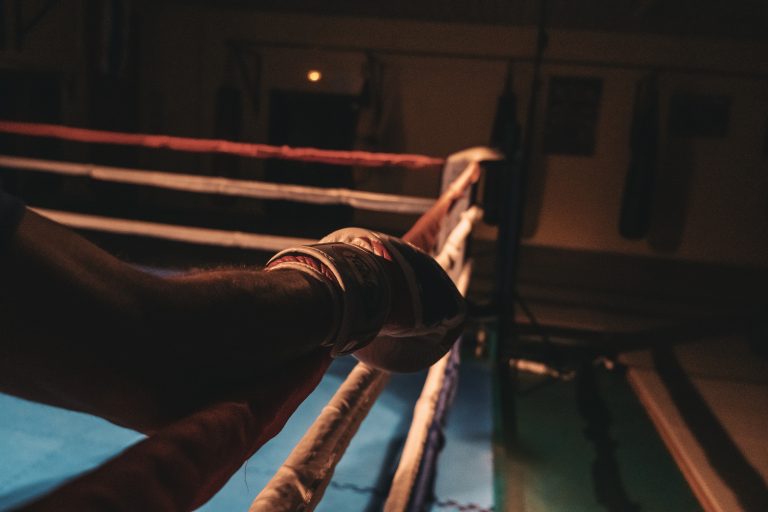What Are the Benefits of Practicing Karate?
Karate is an ancient martial art which has roots in Okinawa, Japan. It is widely known as one of the most practice self-defence and combat sports in the world. Along its ability to provide defense, karate also provides physical, emotional, and mental benefits. In this blog post, let’s explore some of the key benefits of practicing karate.
Physical Benefits of Karate
1. Improved Cardiovascular Health:
Karate is an aerobic activity which requires a lot of energy and movement around an area. As a result of this, it can help to improve your cardiovascular health. Moving your body and taking deep breaths helps to open up your arteries, maintaining a healthy heart rate and blood pressure. Regular practice can also help increase overall strength, flexibility, and endurance.
2. Burn Calories:
Karate involves a lot of kicking and punching which provides an excellent form of exercise that can help you to burn calories. Through a combination of cardio and muscle strengthening exercises, you can burn off a lot of calories in a relatively short amount of time. Studies have shown that an hour’s practice of karate can burn off up to 500 calories.
3. Improved Balance:
Karate involves a lot of shifting weight and positions, which can help to improve your balance over time. It also requires constant concentration and proper training in order to execute various techniques effectively, which helps to improve your balance even more. Regular practice also helps to strengthen the core muscles which help to stabilise your body as you move and improve your posture as well.
Mental Benefits of Karate
1. Reduced Stress:
The combination of physical exercise and mindful concentration helps to reduce stress levels when practicing karate. It’s an excellent way to reduce mental tension, which can lead to physical health problems if left unchecked. Taking yourself away from a stressful environment for an hour or two can help you clear your mind and relax; this is especially important for individuals who may be coming from a high-stress job into the dojo.
2. Increased Focus:
Karate requires a lot of focus from practitioners in order to execute techniques correctly and effectively. There are no distractions such as phone notifications or emails that take away from the training session; all your attention is focused on what your instructor is saying. This helps to increase and hone your powers of concentration so that you can face any challenges and tasks with more focus.
3. Self-Confidence:
Karate is an excellent way to feel good and create self-confidence. As you learn new techniques and master old ones, you begin to feel more capable of protecting yourself in any situation. Learning self-defense skills also boosts your courage, allowing you to handle challenging circumstances in a remote corner of the world with a sense of ease and confidence.
Emotional Benefits of Karate
1. Improved Self-Esteem:
Karate can help to improve your perception of yourself by giving you something tangible to focus on and excel at. Through regular practice, you can see your progress and advancement in the form of promotions or belt awards. These successes will build up your self-esteem, no matter how small they may seem.
2. Build Self-Control:
Practicing karate requires discipline and a certain level of self-control in order to properly execute the various techniques. This control allows you to better control yourself in the face of danger or other stressful situations both inside and outside of the dojo.
3. Sense of Achievement:
Karate provides a great sense of accomplishment when you become proficient in the technique and master it fully. Learning something new and perfecting movements makes one feel more confident in their own skin and allows them to develop better positive thinking skills as well.
Conclusion
Karate is an excellent form of exercise that has the potential to provide physical, mental, and emotional benefits to practitioners. It provides an opportunity for practitioners to take part in something that not only keeps them active but also helps them develop their character through awareness, discipline, and self-control. As a result, there are many advantages that come with taking part in this ancient martial art that make it such a popular choice today. Whether your goal is self-defense, fitness or mental training, karate is an excellent option that can help you reach it!
What Are the Benefits of Practicing Karate?
Karate is a traditional Japanese martial art that has been practiced globally for generations. It is a form of self-defense that requires discipline, focus, and physical strength. Practicing karate has several benefits in terms of physical and mental well-being. In this blog post, we will answer some of the most frequently asked questions about the benefits of practicing karate.
1. What are the physical benefits of practicing karate?
Practicing karate has numerous physical benefits. Some of the most significant ones are:
i. Improves Cardiovascular Health
Karate involves a lot of physical activity that strengthens the heart and function of the cardiovascular system. The physical exertion involved in karate induces sweating that helps to get rid of toxins and waste from the body.
ii. Enhances Flexibility and Core Strength
Karate involves a lot of stretching and body movements that enhance flexibility and core strength. The various stances, kicks, and punches require the use of several muscle groups, including the abs, hips, and legs, and this helps to refine body movements and coordination.
iii. Increases Bone Density
Karate uses several techniques such as chopping, striking, and blocking that involve a lot of contact with hard surfaces. This contact can help to increase bone density, particularly in the arms and legs, reducing the risk of fractures and bone-related conditions.
iv. Boosts Endurance and Stamina
Karate requires a lot of energy to execute moves, and this can help to boost endurance and stamina. Repetitions of moves and practice helps to condition the mind and body for longer-lasting, more physically demanding tasks.
2. What are the mental benefits of practicing karate?
In addition to physical benefits, karate also has significant mental benefits. Some of these include:
i. Builds Self-Discipline and Mental Focus
Karate involves a lot of repetition and routine, which help to build self-discipline and mental focus. Practitioners learn to tune out distractions and focus on their moves, which can help improve concentration skills in other aspects of life.
ii. Builds Confidence and Reduces Stress
Karate builds confidence as practitioners learn new skills and perfect familiar techniques. The sense of accomplishment can help reduce stress and anxiety, prompting mental relaxation and the ability to focus on personal challenges and ambitions.
iii. Enhances Self-Defense Skills
Practicing karate can help enhance self-defense skills, enabling you to protect yourself and others. Karate is a form of physical activity that requires the use of the body, empowering you to defend yourself and others when required.
3. What age groups can practice karate?
Karate is accessible to all age groups, from children to seniors. Parents can enroll their children in karate classes to develop life skills such as self-discipline, respect, and responsibility. Seniors can also benefit from practicing karate as it can improve mobility and mental alertness.
4. What equipment is needed for practicing karate?
Practicing karate requires minimal equipment. The basic equipment includes:
i. Karate Uniform (Gi)
The Karate uniform is designed specifically for Karate and comprises a jacket, pants, and a belt. Uniforms are made of light, breathable materials that allow for easy movement.
ii. Protective Gear
Protective gear such as gloves, shin guards, and headgear are recommended for karate sparring sessions to reduce the risk of injuries.
5. Is there a certain level of fitness required to practice karate?
Karate is accessible to everyone and requires no specific level of fitness to start. Beginners can start slowly and progress gradually based on their abilities and progression. Karate classes provide a supportive environment for participants to build their fitness and master moves.
Conclusion
Karate has significant physical and mental benefits that contribute to overall well-being. It requires discipline, focus, and physical strength to execute moves, with practices such as kata and kumite providing an opportunity to focus mental energy and attaining a sense of accomplishment. Whether you are a beginner or an experienced practitioner, there is always something new to discover in the world of karate.
Inhaltsverzeichnis






